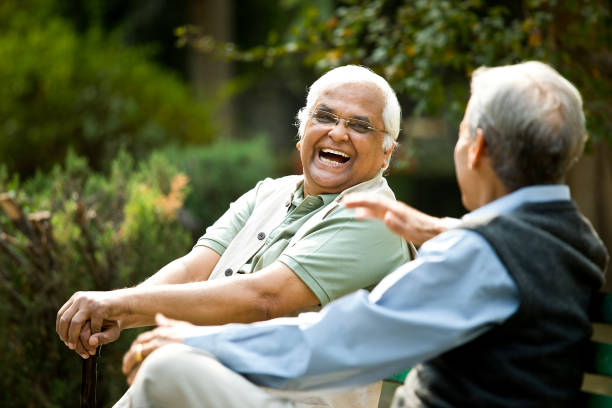How is it that retailers like Urban Outfitters, Anthropology, The Buckle, Aeropostale and Hot Topic seem to be able to defy gravity? In the last several quarters, each of these retailers have very positive posted results in an environment where very few publicly traded retailers posted a comp store increase of any kind. packermoverz How are these stores able to do what seemingly nobody else can, particularly in the specialty store segment?
Each of these stores is testament to the fact that a strong, focused retailer can succeed spectacularly even in the toughest of economic times. Take Urban Outfitters Inc, which operates Urban Outfitters and Anthropology. Richard Hayne, founder and chairman of the company, has been widely quoted for his belief that “big is the enemy of cool”, and many observers have pointed out that the company would rather open a new concept in proven markets than saturate every last retail corner with new stores. They go on to note that no two stores are alike, that each store is given a great deal of autonomy, and that the company places a premium on execution.
All of these are valuable points to take away from the story, but there’s another lesson to be drawn that’s specifically applicable for any small, entrepreneurial retailer building a successful, sustainable strategy into the future.
Walk into an Urban Outfitters or an Anthropology store and you immediately sense that there’s something very different going on there. shoppingnearstore They are selling apparel and accessories, that’s obvious as soon as you walk in the door, but there’s also home furnishings and décor, as well as books and knick-knacks, even furniture here and there. Then you notice the store layout, fixturing and décor, the salespeople and the customers… the customers. The customers are the giveaway to this story. This store isn’t so much about stuff as it is about a mindset, an attitude, a lifestyle.
Building a store around an attitude or a lifestyle isn’t necessarily new, but seldom has it been done on the scale and with the impact that you encounter when you walk into these stores. Here you can glimpse the future of retailing in a niche-driven, Long Tail world, and in these stores you can immediately grasp the immense potential for small entrepreneurial retailers to extend these concepts around their own particular niche and strategy. shoppersblocks It’s been called lifestyle retailing. In fact, the very best small entrepreneurial retailers have been practicing lifestyle retailing for years.
Lifestyle retailing starts from a completely different premise than traditional retailing. It may seem like a bit of a cliché to say that lifestyle retailing is customer-centric, but, as you see when you walk into an Urban Outfitters or an Anthropology store, that truly is the differentiating characteristic.
Traditional retailing starts with the products and services to be offered. This may be the result of an entrepreneur’s particular product expertise, perhaps an entrepreneur’s background in a very specific market. It is product driven, and asks the question, “This is what we sell, who can we sell it to?” Growth is often defined as expanding the customer base, reaching a broader audience, finding more customers to sell to, and is measured most directly by transaction counts.
Lifestyle retailing begins with the attitude and lifestyle itself, and all that it represents. It is, by definition, narrow and exclusive, focused on a very clearly defined niche. It is customer driven, focused on a narrowly defined customer who identifies with the attitude and lifestyle, and aspires to be a part of it. topdealsguiders It begins with the question, “These are our customers, what can we offer them that fully represent the lifestyle they aspire to?” Growth is achieved by offering these customers a broad array of offerings, in an almost infinite possible number of categories, and is measured most directly by units per transaction.
